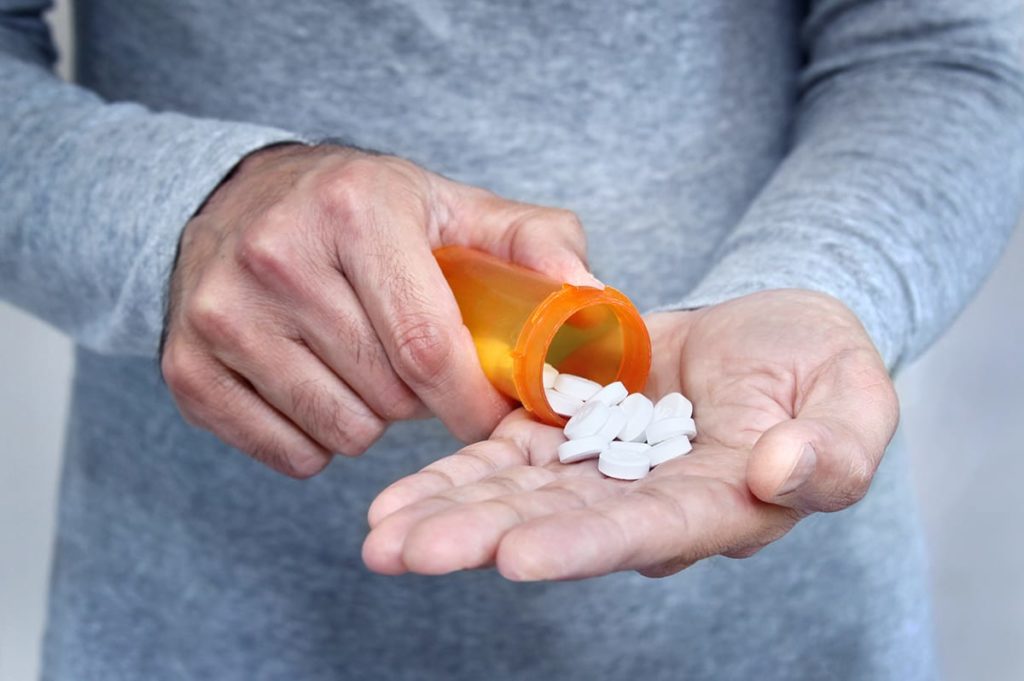The epidemic of prescription painkiller abuse has taken its toll on millions of lives. According to the Centers for Disease Control and Prevention, the number of people overdosing on these drugs has tripled over the last two decades. Millions of people abuse and get hooked on prescription drugs and online pharmacies are fueling their habit. While the federal government makes an effort to crack down on these shady online businesses, overseas opportunists continue to sell controlled substances online and ship them to the U.S. This epidemic is causing the need for a prescription drug abuse addiction treatment programs to skyrocket.
Online Pharmacies
Online pharmacies are businesses that sell prescription medications. Many people turn to these non-traditional stores for the convenience and because they are often able to get better prices on their medications than what brick-and-mortar stores have to offer. The problem is that not all online pharmacies have scruples when it comes to age requirements or being rigorous about checking written prescriptions for medications. According to research, 36 million Americans have bought drugs from an online pharmacy without having a valid prescription. This number represents one in six people in the country. Most prescription drug abuse involves narcotic painkillers. These are drugs like OxyContin, Vicodin, Percocet, and others. They are highly addictive and easy to overdose on. As careful as doctors may be about prescribing these medications only to those who truly need them for pain management, it is clear that online pharmacies are allowing nearly anyone to get access.
Federal Crackdown on Online Pharmacies
The federal government is aware of the problem of online pharmacies and prescription drug abuse. In 2008 lawmakers passed the Ryan Haight Online Pharmacy Consumer Protection Act, named for a young man who died from overdosing on narcotic painkillers bought from an illegal online pharmacy. The Act stated that controlled substances, which include prescription painkillers, could not be sold online without a valid prescription. It also required that online pharmacies prominently display the name and licensing of the pharmacist with which they are affiliated. After the passing of the Act, which went into effect in 2009, the Drug Enforcement Administration (DEA) claimed that the war was nearly won. They claimed to have shut down nearly all rogue online pharmacies and that the Act had successfully acted as a deterrent to criminals selling drugs online. In 2012, however, the National Association of Boards of Pharmacy found otherwise. The organization reported findings that more than 10,000 online pharmacies were in operation and a whopping 88 percent of them were not requiring prescriptions. The problem may be that most of these pharmacies are now coming from overseas. The DEA may have shut down illegal pharmacies in the U.S., but the Internet is global. The news is not all bad, though. The DEA is making a dent in the illegal sale of prescriptions. In 2013 they shut down nearly 2,000 illegal online pharmacies in just one month. The federal agency has also worked with large companies to make it difficult for online pharmacies to do business. For instance, Google no longer allows advertising from illegal pharmacies and the U.S. Post Office will no longer ship packages from them. The problem of prescription drug abuse, addiction, and overdose deaths is at epidemic levels. Online pharmacies have played a huge role in allowing abusers to feed their habits, but that is changing. As it becomes more and more difficult to access prescription painkillers, the number of people being devastated by addiction should begin to decrease. How quickly that will happen remains to be seen.
Prescription Drug Abuse Treatment
If you or a loved one are struggling with prescription drug abuse, it’s time to seek out treatment. Contact The Ranch today to learn more about our addiction treatment programs and how they can help. Call 1.844.876.7680 for more information.

